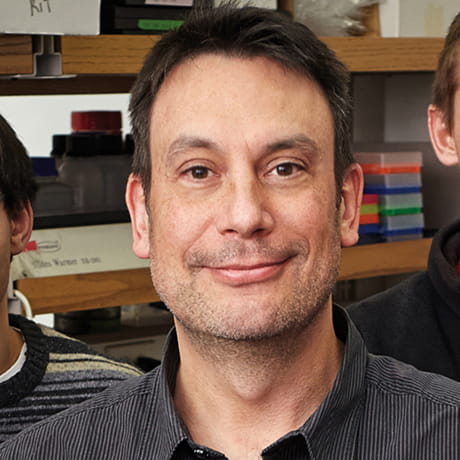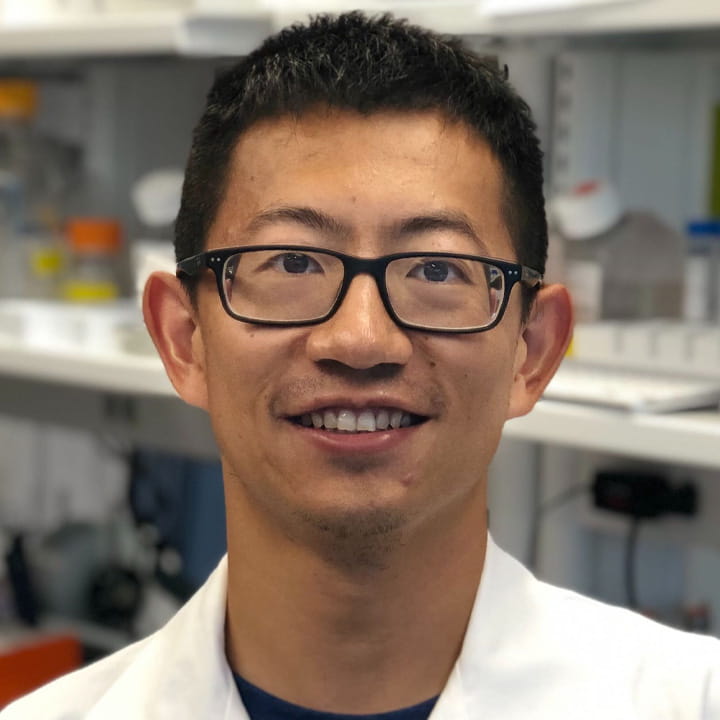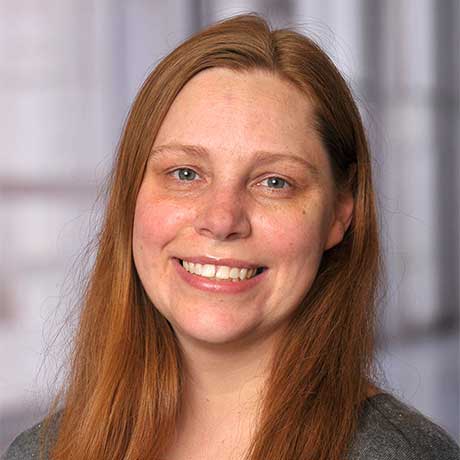Join the Department of Neuroscience in a series of workshops designed to equip you with introductory knowledge and skills to explore omics data.
Workshop attendees will gain:
- A solid foundation in omics technologies relevant to neuroscience
- Insights into how omics data is used to understand brain function, development and disease
- Insights into experimental design in omics
- Hands-on practice and skills to find, interpret and visualize omics data.
Workshop Audience and Prerequisites
- Workshops are open to Department of Neuroscience members and associated members only.
- This workshop series is designed to be accessible and engaging, welcoming graduate and postdoctoral trainees, staff, and faculty alike.
- Workshops have been developed with a neuroscience focus. Attendees should be affiliated with neuroscience in some way (department faculty, staff and trainees, or those with a neuroscience research focus).
- Attendees should have a background in genetics and molecular biology prior to attending workshops.
- No prior coding experience is needed.
- Attendees can choose to attend the lecture session or the lecture and hands-on sessions. Hands-on sessions have limited capacity. Registrants can choose which session they are registering for in the registration survey.
- Each workshop is limited to 20 participants. To attend the hands-on sessions, you must attend the lecture session. A confirmation of your registration and acceptance to the workshop session will be delivered via Outlook calendar invite.
Workshop series
Specific details, such as time, location, and materials required can be viewed by clicking the “Register now” button in each accordion. Registration for each session will be open 30 days prior to date of the workshop.
Workshops are approximately 3-4 hours each and consist of didactic and skills-based instruction. Attendees will need to bring a laptop to the workshop space for practical demonstration and practice work. Sessions are grouped by related knowledge and skills. It is strongly suggested that learners attend each of the workshops in sequential order for maximum benefit.
This workshop introduces learners to different bulk transcriptomics and epigenomics techniques, with particular focus on methodologies, rigorous design of omics experiments, and data interpretation.
This initial workshop provides essential knowledge and skills that serve as a strong prerequisite for transcriptomics workshops.
Hosted by: Ilaria Palmisano, PhD, Neuroscience
Most researchers understand the benefit of transcriptomics analysis as it allows us to measure the entire expression profile in a sample and understand the impact of important biological groupings. But few understand the process of how to analyze and interpret the data. Through this class, we will discover publicly available sources of transcriptomic data and learn how to analysis this data in a way that will lead us to meaningful conclusions.
Information provided in this workshop pairs well with following transcriptomics workshops and builds on information from the Bulk Transcriptomics and Epigenomics Session.
Hosted by: Amy Webb, PhD, Biomedical Informatics
This workshop will help learners understand different spatial transcriptomics techniques, with particular focus on unbiased omics. Learners will identify different techniques and caveats and learn benefits and limitations of spatial omics.
Knowledge from prior Bulk Transcriptomics workshops is a good foundation for this workshop.
Hosted by: Andy Fisher, PhD and Harry Fu, PhD, Neuroscience
This workshop will help learners understand different spatial transcriptomics techniques, with particular focus on unbiased omics. Learners will identify different techniques and caveats and learn benefits and limitations of spatial omics.
Knowledge from prior Bulk Transcriptomics workshops is a good foundation for this workshop.
Hosted by: Harry Fu, PhD and Andy Fischer, PhD, Neuroscience
This workshop provides an overview of complex traits and their relevance to human health, quantitative trait locs mapping (QTL) and genome-wide association study (GWAS). Learners will focus on mapping and identifying candidate genes contributing to human neurological disorders.
Hosted by: Bin Gu, PhD, Neuroscience
This module will give a brief introduction of proteomics and its application; talk about typical proteomics workflow, proteomics samples preparation, how to handle PTM samples, IP samples and global proteomics samples; different ways to do quantitative proteomics. Native mass spectrometry (nMS) has emerged as a powerful tool for studying protein structure and topology and gaining insight into function. Using native mass spectrometry, intact proteins and protein complexes (including protein-protein, protein-ligand, and protein-RNA/DNA complexes) can be transferred into the gas-phase where their intact mass can be measured (giving insight into stoichiometry and ligand binding), when coupled with dissociation techniques topology information can be gained, and when coupled with ion mobility information on the conformations and conformational dynamics can be discerned. This module will introduce native mass spectrometry highlighting the type of information that you can achieve from such experiments.
Hosted by: Liwen Zhang, PhD and Sophie Harvey, PhD
This workshop provides a comprehensive introduction to metabolomics, focusing on both untargeted and targeted approaches. Participants will gain a clear understanding of the fundamental differences between these two methodologies. Emphasis will be placed on the critical aspects of sample preparation and experimental design, ensuring robust and reproducible results. The workshop will discuss the essential techniques for basic data processing in metabolomics, equipping learners with the skills needed to analyze and interpret metabolomic data effectively. Additionally, applications of Matrix-Assisted Laser Deposition/Ionization (MALDI) mass spectrometry imaging will be discussed.
Hosted by: Chengyu Gao, PhD and Matt Bernier, PhD
This workshop provides an overview of public datasets and tools, focusing on transcriptomics but also including proteomics, cell physiology, and circuit connections. We will demonstrate how data and tools from diverse public resources can be combined for targeted datamining that can be used for both publications and grant applications. Finally, we will provide a guided hands-on workshop that uses a subset of these resources.
Hosted by: Jacy Wagnon, PhD and Jason Wester, PhD, Neuroscience
This workshop series is a product of collective efforts by the Department of Neuroscience Neuroinformatics Committee.
- Sara Gombash Lampe, PhD, Co-director
- Ilaria Palmisano, PhD, Co-director
- Jacy Wagnon, PhD
- Jason Wester, PhD
- Andy Fischer, PhD
- Bin Gu, PhD
- Candice Askwith, PhD
- Harry Fu, PhD








